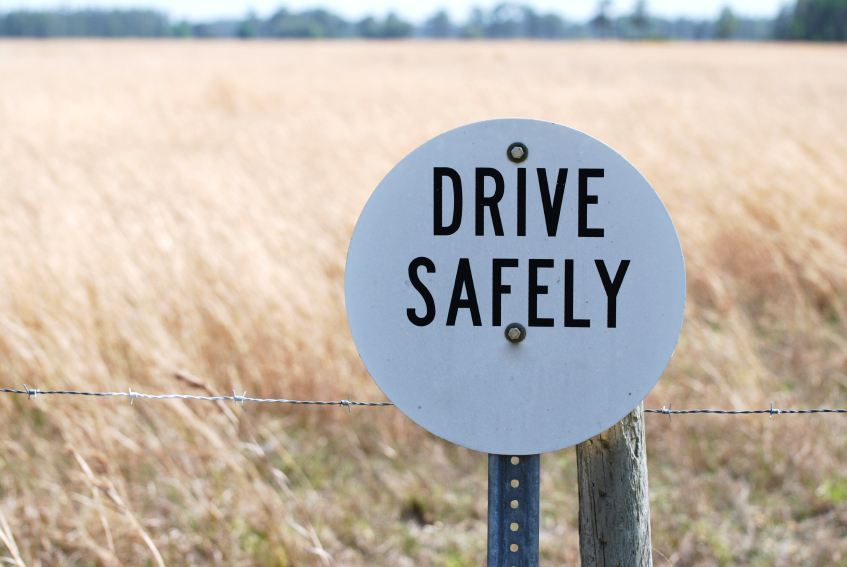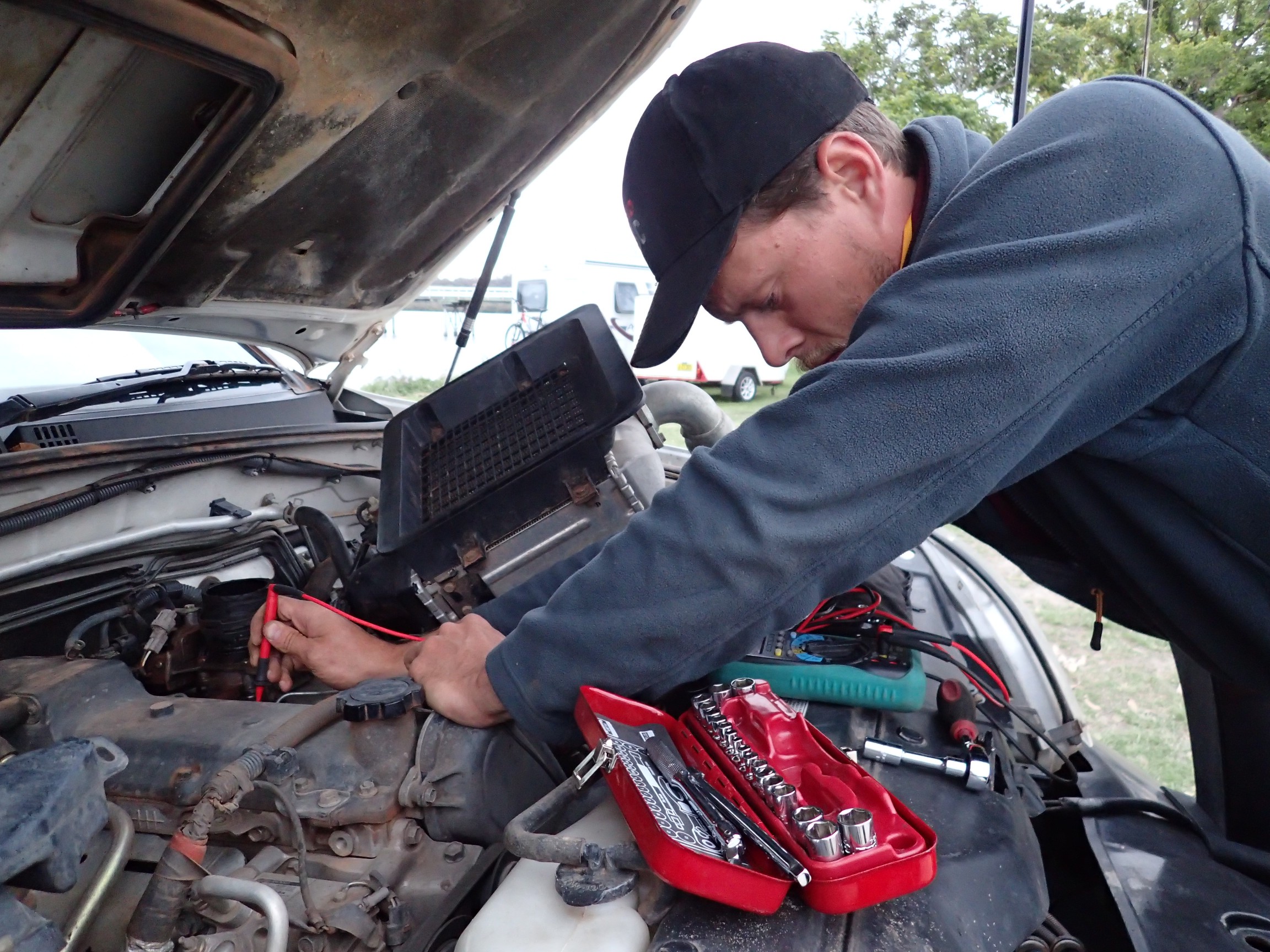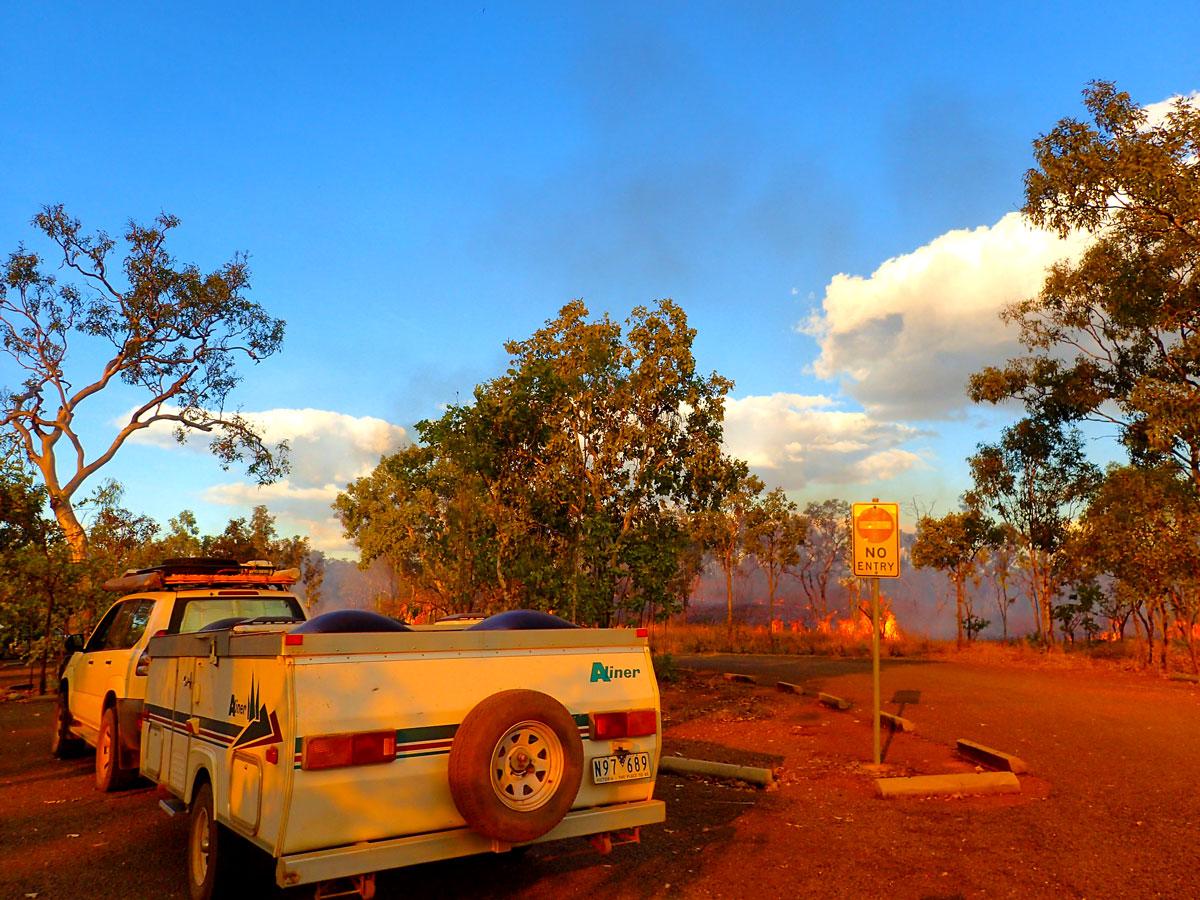Towing a trailer doesn’t require a special licence, but being aware of how it affects your vehicle is crucial for road safety. Whether you’ve hired a trailer for the weekend or you use one on a regular basis, some general knowledge will help ensure safe and stress-free driving.
Can your vehicle take the weight?
The first thing to keep in mind is that every vehicle has a maximum recommended weight it can tow. This varies according to a car’s make and model. Experts recommend that drivers should limit their towing weight to 85 per cent of the recommended limit. This figure should take into account the weight of the fully loaded trailer and vehicle.
Naturally, the higher the combined weight, the longer it takes to accelerate and stop a vehicle when towing a trailer – something that drivers need to adjust for. While there are no specific speed limits for trailers, it’s smart to drive more cautiously. This includes limiting overtaking, monitoring your turning speed and allowing greater distance between your vehicle and the vehicles ahead of you.
Watch your load
The way you pack your trailer will also affect the way it handles on the road. To spread the load evenly, aim to load the heaviest items in the centre. Even weight distribution will prevent the trailer from tilting towards the front or rear – both of which can affect the handling of your vehicle. Although a variety of load-distribution devices are available on the market to help a trailer to stay horizontal with your vehicle, these aren’t intended to compensate for incorrect packing and loading.
You should also ensure you provide adequate restraint for whatever you’re transporting. This doesn’t just mean keeping the contents secure – you must also make sure they don’t move around and affect the vehicle’s handling and safety. If the load extends past the end of the trailer you are required to attach flags to warn other drivers.
Specialist equipment for the road
Generally speaking, the larger the trailer, the more specialist equipment it will require. Mandatory equipment for larger trailers includes load-levelling devices, high-capacity tow bars, heavy-duty rear suspension and brake controllers.
And speaking of mandatory equipment, not all tow bars and tow balls are created equal. You need something appropriate for both your vehicle and the trailer. This will be determined by the power and make of the vehicle in question – something a specialist will be able to assist you with.
For extra safety it’s also a good idea to install extended side-view mirrors. While they are not mandatory, they ensure you can see around any blind spots created by the trailer and its contents.
Ultimately, you need to be aware that a trailer (and its contents) will affect your vehicle’s handling. Ensure you take the necessary precautions to keep yourself and other motorists safe.
A variety of specialist towing equipment is available to make your journeys safer and more relaxed.





